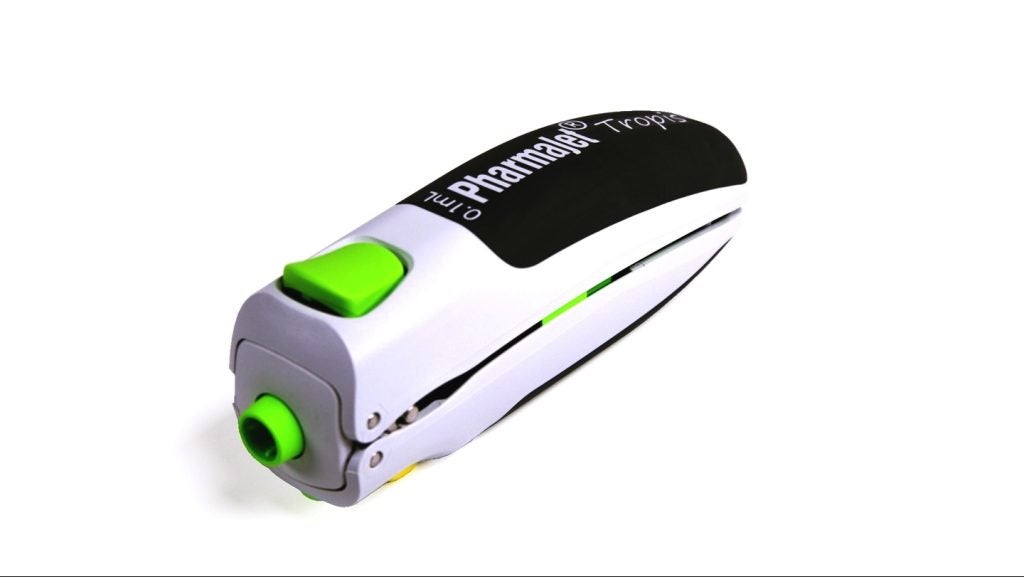
Guardant Health has reported that its first blood-only liquid biopsy for detecting minimal residual disease (MRD) was able to identify stage I-IV colorectal cancer (CRC) patients with increased risk of recurrence, with greater sensitivity.
Named Guardant Reveal, the liquid biopsy test does not require tumour tissue to detect genetic information in samples, on contrary to existing standard MRD tests.
In early-stage CRC patients, the presence of ctDNA or MRD following curative intent therapy is considered a key prognostic biomarker for the recurrence of cancer.
The new test showed 91% sensitivity in detecting circulating tumour DNA (ctDNA) by examining both genomic and epigenomic alterations of longitudinal surveillance samples in a single-center, prospective clinical study.
Led by Massachusetts General Hospital Cancer Center, the study assessed Guardant Reveal’s effectiveness in detecting MRD in stage I-IV colorectal cancer patients who received curative intent treatment.
A month after concluding the definitive treatment, blood samples were obtained from the curative intent patient population for the primary landmark analysis.
How well do you really know your competitors?
Access the most comprehensive Company Profiles on the market, powered by GlobalData. Save hours of research. Gain competitive edge.

Thank you!
Your download email will arrive shortly
Not ready to buy yet? Download a free sample
We are confident about the unique quality of our Company Profiles. However, we want you to make the most beneficial decision for your business, so we offer a free sample that you can download by submitting the below form
By GlobalDataData showed that in the subset of patients who were followed up for at least a year, all patients with detectable ctDNA recurred. The test had a sensitivity of 55.6% and a specificity of 100% for this single timepoint.
Furthermore, adding epigenomic signatures boosted test sensitivity by 36% compared to the use of genomic alterations alone.
Data showed that that the coventional colorectal cancer biomarker, CEA tests, failed to predict cancer recurrence in these patients.
Guardant Health president AmirAli Talasaz said: “The integration of cancer-specific epigenomic and genomic signatures allows Guardant Reveal to detect minimal residual disease in early-stage colorectal cancers with industry-leading performance and without the need for tumour tissue.
“We believe that Guardant Reveal can be a powerful decision-making tool for oncologists managing patients with early-stage colorectal cancer.”





